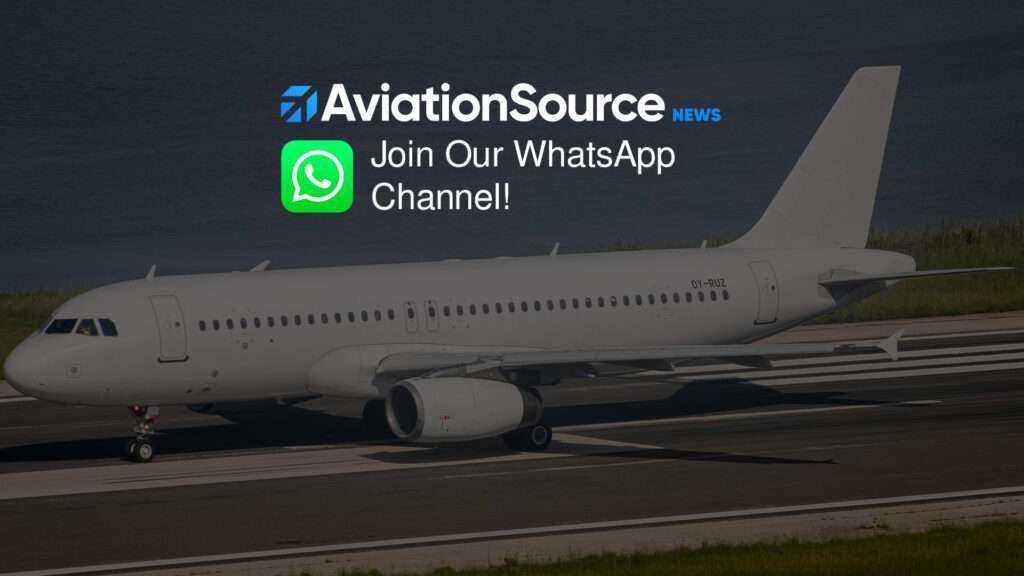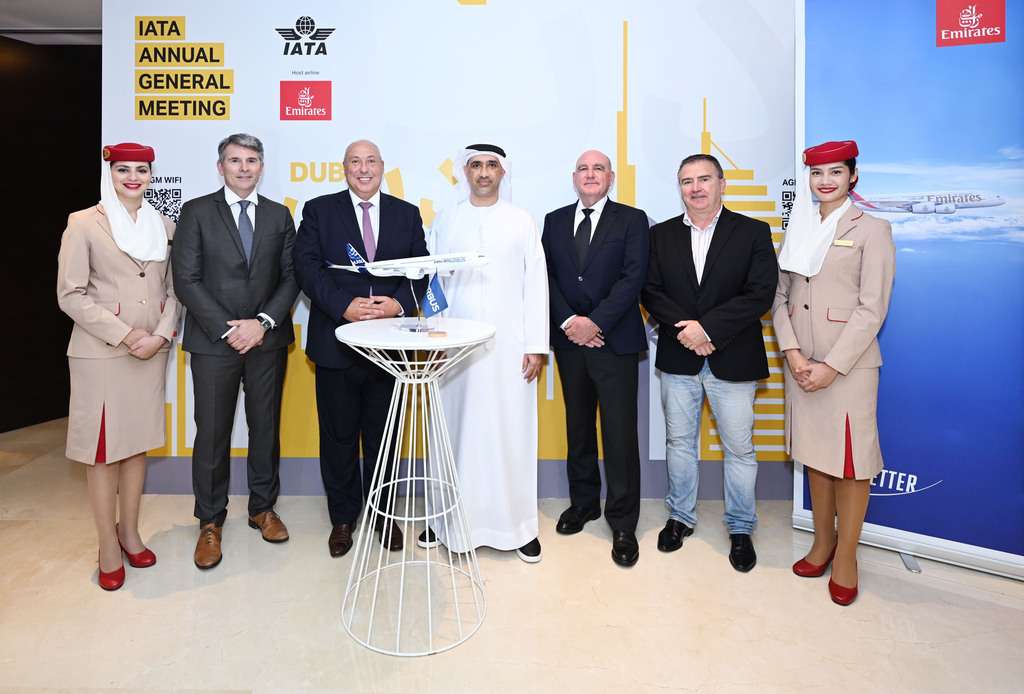Airlines giant Emirates is teaming up with the International Air Transport Association (IATA) and aircraft manufacturer Airbus to support pilot training for its A350 flight crews.
The partnerships will deliver a cutting-edge Competency-Based Training and Assessment (CBTA) program for its pilots transitioning to the Airbus A350.
This initiative comes as Emirates prepares to welcome 65 widebody A350s into its fleet starting mid-2024.
Training Program Commencement
The program kicks off in July 2024 at Emirates’ Dubai training facility. It will see an initial group of 256 pilots undergoing the comprehensive training. This advanced program leverages the strengths of all three parties involved:
- IATA’s CBTA principles and resources
- Emirates’ vast operational experience and training infrastructure
- Airbus’ decade-long expertise in A350 CBTA training
Focused on pilot competency and practical skills, the A350 CBTA program utilizes a proven training methodology.
Instructors can closely monitor pilot performance and provide immediate feedback for continuous improvement.
The program unfolds in two phases, featuring 20 days of simulator training encompassing 15 separate evaluation sessions.
Customized A350 Training Program
Captain Bader Al Marzooqi, Emirates’ Senior Vice President of Flight Training explains the program.
“This program allows Emirates to equip its pilots with world-class skills through in-house, competency-based training delivered by highly qualified instructors.”
“The tailored A350 CBTA program supports the smooth integration of these new aircraft into our fleet. Ultimately, we aim to train 1,000 pilots on the A350.”
“This initiative reflects our commitment to providing the highest standards of service and comfort while ensuring our operational growth and expansion.”
“This collaboration between Emirates, Airbus, and IATA presents a unique opportunity to design and deliver A350 type rating training,” highlights Nick Careen, IATA’s Senior Vice President for Operations, Safety and Security.
“Our shared objective is to maximize the benefits of CBTA for efficient and effective pilot qualification on the A350. This joint effort will also provide valuable experience for all three organizations, allowing us to enhance our training programs across the board.”

“The A350 is a state-of-the-art aircraft requiring equally advanced training solutions,” states Captain Stéphan Labrucherie, Airbus Head of Flight Training Worldwide.
“Our partnership with IATA and Emirates guarantees that Emirates’ pilots receive the most comprehensive and effective training, ensuring a smooth global entry into service for the A350.”
The A350 type rating program is just one facet of Emirates’ comprehensive preparations for the A350’s arrival.
Other departments, including Service Delivery and Engineering, are also actively preparing for the debut of A350 operations.
The Importance of CBTA and IATA’s Role
The aviation industry has long recognized the advantages of CBTA training. For flight crew training, IATA supports this approach through its CBTA Guide for Flight Crew Training. This aligns with ICAO CBTA standards and provides specific resources for airlines and training organizations.
Beyond flight crew, IATA champions CBTA training for other areas, including dangerous goods regulations.
The IATA CBTA Center empowers various aviation stakeholders, such as operators, civil aviation authorities, and training organizations, by providing them with the tools and resources necessary to develop effective dangerous goods training programs.
Additionally, IATA offers specialized CBTA training for diverse airline functions, encompassing ground handlers, passenger service agents, load planning personnel, crew members, and more.

Click the banner to subscribe to our weekly newsleter.

Click the photo to join our WhatsApp channel so then you can stay up to date with everything going on in the aviation industry!

